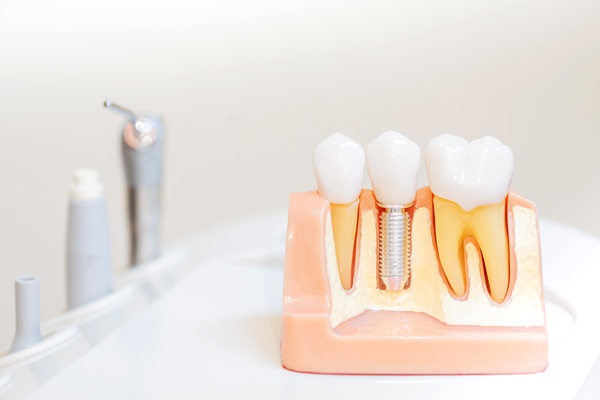The FAQs About an Oral Surgeon

An oral surgeon is also commonly referred to as an oral and maxillofacial surgeon (OMS). An oral surgeon is a dentist who is trained to perform dental procedures on the mouth, jaws, face and teeth. Oral surgeons provide a number of important services and can treat a range of conditions. For complicated procedures such as placing implants and removing wisdom teeth, visiting an oral surgeon is recommended. Read on to learn more about why you should visit an oral surgeon.
Why choose an oral surgeon
Regular visits to a dentist are important for maintaining good oral health. Patients should visit a dentist for regular teeth cleanings and checkups, repairs to damaged teeth, root canals and dentures. However, when an unexpected health issue arises or if a patient needs attention beyond simple repair and maintenance, a person can benefit from visiting an oral surgeon. Here are some frequently asked questions about oral surgeons.
How does a person become an oral surgeon?
An oral surgeon goes through dental school. Oral surgeons then complete at least 4 to 6 additional years of surgical training. They also complete fellowships or seek further degrees for a subspecialty. Oral surgeons are also trained in the administration of anesthesia.
How can an oral surgeon help?
An oral surgeon is trained to perform surgical procedures of the mouth, face and jaw. The surgeons treat accident victims who have facial injuries and also offer reconstructive and dental implant surgery. Sometimes, oral surgeons treat patients with cysts and tumors of the jaw and often place dental implants. The types of surgeries OMSs may perform include tooth extractions, impact teeth removal, soft tissue biopsies and extractions that involve the removal of overlying bone or soft tissue or remaining roots. Others include the removal of tumors in the oral cavity, jaw realignment surgeries and soft tissue repair.
Does a person need an oral surgery referral?
Whether patients need facial reconstructive surgery or wisdom teeth removal, people should follow the right steps to be seen by oral surgeons. In the past, a family doctor or dentist usually referred a patient to an OMS, but nowadays patients can find them online in seconds. A number of OMS practices require a referral. People may also need a referral to fully benefit from their insurance policies. Some medical and dental insurance policies may not accept to cover treatment costs if certain procedures are not followed properly. It is recommended for a patient to contact an oral surgeon and to review the practice’s policies before opting to schedule an appointment.
Visit an oral surgeon
To become an oral surgeon, an OMS needs additional education beyond general dentistry. Oral surgeons perform surgery and other related procedures on the soft and hard tissues of the oral and maxillofacial regions. This allows them to treat injuries, diseases or defects. If you are still not sure of whether to visit an OMS, get in touch with an oral surgeon near you. OMS office staff can help answer any of your questions and guide you in their steps toward diagnosis and treatment.
Request an appointment here: https://spectrumsurgical.net or call Facial Spectrum at (816) 524-4334 for an appointment in our Lee's Summit office.
Check out what others are saying about our services on Yelp: Read our Yelp reviews.
Recent Posts
Dental implants represent a durable and aesthetically pleasing solution for replacing missing teeth. Understanding the proper care for dental implants remains essential to ensure longevity and optimal function. Adhering to recommended practices significantly reduces the risk of complications, preserves oral health, and maintains the attractive appearance and comfort associated with implants. By implementing consistent maintenance…
The jawbone is the part of the face that holds many essential elements together, such as the teeth, ligaments, and muscles; however, bone grafting may sometimes be necessary if the jawbone is too weak to perform these tasks. A person’s jawbone can deteriorate over time, whether due to age, genetics, poor oral health, cancer, or…
Finding lasting relief from issues such as misalignment and facial asymmetry can involve specialized procedures. Fortunately, corrective jaw surgery is a reliable option for addressing these concerns. A dental specialist realigns the upper or lower jaw during this process to promote better function and comfort. Although the procedure can benefit health and appearance significantly, a…
Many individuals seek rhinoplasty to enhance facial harmony, improve nasal function, or correct structural abnormalities. As a surgical procedure that reshapes the nose, rhinoplasty can address aesthetic concerns as well as breathing difficulties caused by structural defects such as a deviated septum. Understanding the consultation process, surgical techniques, and what to expect from the recovery…


